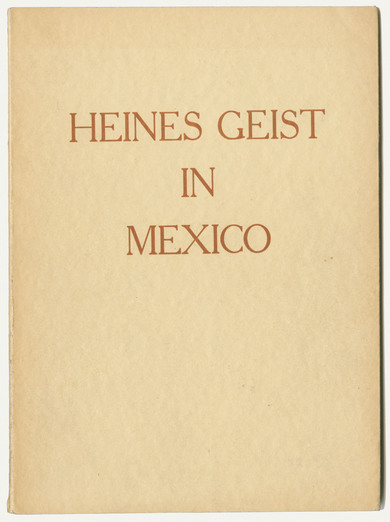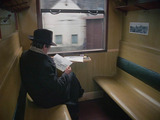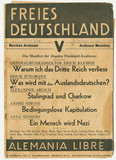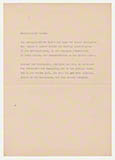Heinrich Heine-Klub in Mexico City (1941-1946)
Heinrich Heine-Klub in Mexico City (1941-1946)
Er war der Schutzpatron unserer Gemeinschaft in diesem seltsamen Land, in das wir auf unseren Irrfahrten verschlagen wurden.
[He was the patron of our community in the strange country we found ourselves in on our odyssey. (ed. trans.)]
Anna Seghers, Abschied vom Heinrich Heine-Klub, 1946
The Heinrich Heine-Klub, an organisation of German-speaking anti-fascist intellectuals from different political camps, was founded in late 1941 in Mexico City. The idea to organise events, readings, concerts, lectures and theatre evenings was born at a meeting held in the home of the conductor Ernst Römer in the Colonia del Valle. The founders opted to use the name of Heinrich Heine, the well-known writer of Jewish background who had also spent time in exile. They wanted to build bridges between the emigrants and the host country Mexico, between political and Jewish emigration, and thus to the Menorah Association which had been established in 1938, and to academics and artists who had emigrated to Mexico and who belonged to no party. Many of these had lived in French exile until 1940; they remembered the cultural activities in Paris and were keen to see them continue in Mexico. Anna Seghers was elected president. On the evening of 21 November 1941 she gave a reading of extracts from her novel Das siebte Kreuz and the short story Die schönsten Sagen vom Räuber Woynok in the hall at 61 Calle Antonio Sola.
The club had almost a hundred members and its committee initially included Ernst Römer, Paul Mayer, Bodo Uhse, Egon Erwin Kisch, Rudolf Feistmann and Leo Deutsch.
Until the end of its existence in February 1946, the Heinrich Heine-Klub held up to 20 lectures, readings, concerts, film screenings, country evenings and theatre productions per year. "We emigrant actors in Mexico had to come to terms with the fact that there was no stage for us, we had to conjure one up for ourselves," recalled Steffie Spira in 1946.
Further reading:
Hielscher, Martin (ed.): Fluchtort Mexiko. Ein Asylland für die Literatur. Hamburg / Zürich: Luchterhand Literaturverlag 1992.
http://www.literaturepochen.at/exil/multimedia/pdf/heinrichheineclub.pdf







